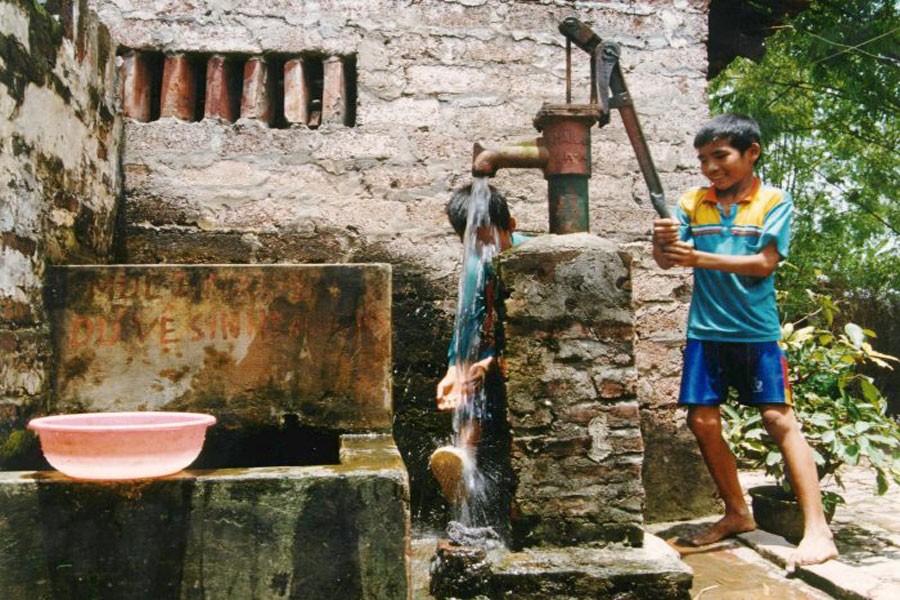Bangladesh is currently facing the world’s worst case of mass arsenic poisoning.
According to survey data collected between 2000 and 2010, approximately 35 to 77 million people in Bangladesh have been chronically exposed to arsenic in their drinking water.
Consuming arsenic-contaminated drinking water can cause a number of chronic health effects, according to ScienceTrends.
It includes skin lesions and skin cancer, vascular and cardiovascular diseases, hypertension, respiratory diseases, internal malignancies, diabetes mellitus and a range of neurological effects.
Bangladesh uses groundwater to meet a vast amount of the populations’ water needs.
Using groundwater is generally seen as more reliable and often provides water of a better quality compared to surface water.
As contamination of groundwater has been reported in a number of countries, with the most severe cases of As contamination existing in Asia, particularly Bangladesh.
The majority of the highly As-contaminated aquifers in Bangladesh can be found in the Bengal delta plain, the Ganges delta, the Meghna floodplain and the Sylhet basin.
Candle filtration refers to a type of water filter put forward as a short-term method to reduce arsenic exposure. A candle filter works by first pouring the contaminated water into a basin, which then filters through a tube (candle), and out into another basin below.


